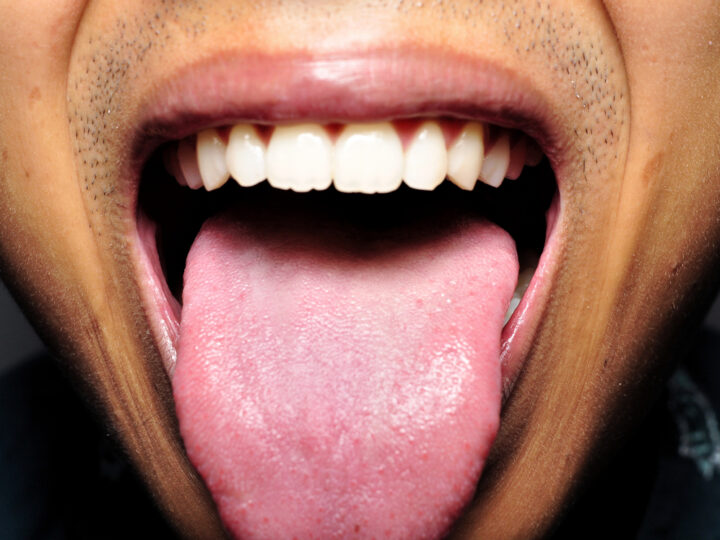WHAT YOUR SLEEPLESSNESS SAYS ABOUT YOU
According to Eastern Medicine

While many of us in the West have gotten use to poor sleep, Eastern medicine places a high priority on sleep. It views sleep as a vital sign of a person’s general health and happiness, and a sleep analysis is part of an initial consultation with a practitioner. A person’s physical, mental, and emotional health can be inferred from the quality and amount of sleep they are getting.
Eastern medicine views different sleep challenges as different underlying causes and signs and symptoms. Here is a list of common sleep concerns and possible root causes:
Difficulty Falling Asleep
Although the underlying cause of this kind of sleep problem can vary, Eastern medicine believes it is frequently connected to stress, anxiety, or overthinking. These abnormalities can prevent the body’s Qi (energy) from flowing normally and can make it difficult to go to sleep.
 Suggestions: Practice relaxation techniques, such as deep breathing or progressive muscle relaxation before bed. In order to encourage relaxation and lessen anxiety, acupuncture or acupressure on particular points, such as the Heart 7 or Pericardium 6 points, may also be helpful. Additionally, using herbal medicines like chrysanthemum tea or passionflower extract may help you unwind and feel less stressed and anxious.
Suggestions: Practice relaxation techniques, such as deep breathing or progressive muscle relaxation before bed. In order to encourage relaxation and lessen anxiety, acupuncture or acupressure on particular points, such as the Heart 7 or Pericardium 6 points, may also be helpful. Additionally, using herbal medicines like chrysanthemum tea or passionflower extract may help you unwind and feel less stressed and anxious.
Frequent Waking
According to eastern medicine, if you’re frequently awoken at night, abnormalities in the body’s internal organs, like the liver or spleen, are likely a root cause. These imbalances can cause Qi flow interruptions and cause a person to wake up frequently through the night.
Suggestions: Consider specific acupuncture or acupressure points, such as the Liver 3 or Spleen 6 points. These assist the body’s internal organs to function properly and encourage sound sleep. Herbs like Gastrodia and Reishi mushroom may also aid in fostering serenity and relaxation while lowering tension and anxiety levels.
Trouble Staying Asleep
Characterized by nighttime awakenings and trouble settling back to sleep, this is frequently caused by energy-related imbalances in the body, such as a lack of Yin energy. When there is not enough Yin to settle the Yang energy, a person may feel restless or irritated as a result of this imbalance.
Suggestions: Acupuncture or acupressure on points like the Kidney 6 or Bladder 62 points may assist to promote deeper sleep and lessen restlessness. Herbs like valerian root or California poppy may also be useful in inducing calm and reducing anxiety levels.
Dream-Disturbed Sleep
 Frequent, vivid dreams that either cause them you to wake up or keep you from going to sleep in the first place can be seriously problematic. This may be due to an excess of Yang energy.
Frequent, vivid dreams that either cause them you to wake up or keep you from going to sleep in the first place can be seriously problematic. This may be due to an excess of Yang energy.
Suggestions: Eastern medicine offers a number of solutions for people whose vivid dreams or nightmares keep them awake at night. Herbs like Ashwagandha or Schisandra may help to lower stress levels and encourage deep, restful sleep, while acupuncture or acupressure on points like the Heart 7 or Shen Men points may assist to calm the mind and encourage relaxation.
Non-Restorative Sleep
Defined by a lack of re-energizing or restorative effects following a night’s sleep, abnormalities in the body’s internal organs, like the heart or lungs, frequently cause this. Even after a full night of sleep, these abnormalities can cause Qi to flow improperly and make a person feel exhausted.
Suggestions: Acupuncture or acupressure on points like the Lung 7 or Spleen 3 points may help to enhance general sleep quality. Herbs like ginseng or astragalus may also be beneficial in producing deep, restful sleep and boosting overall energy levels.
Sleep problems are seen by practitioners of Eastern medicine as a sign of a greater pattern of imbalances in the body. An Eastern medicine practitioner would often adopt a holistic approach when treating sleep problems, looking at the patient’s overall health and welfare to uncover any underlying imbalances that may be causing the sleep problems.
Excessive stress or worry or inadequate diet or nutrition creating organ system imbalances are common underlying causes of sleep problems. Unlike in the West where you’re just given meds, an expert in Eastern medicine will collaborate with you to correct these underlying imbalances through dietary adjustments, lifestyle changes, acupuncture, acupressure and herbal treatments. If you are having trouble sleeping, instead of accepting it as what it is, reach out to an Eastern medicine practitioner to start making improvements today.
Newer
What Your Skin Says About You from an Eastern Medicine Perspective
Older
Stress & Eastern Medicine
Comments (0)
Leave a reply
You must be logged in to post a comment.




